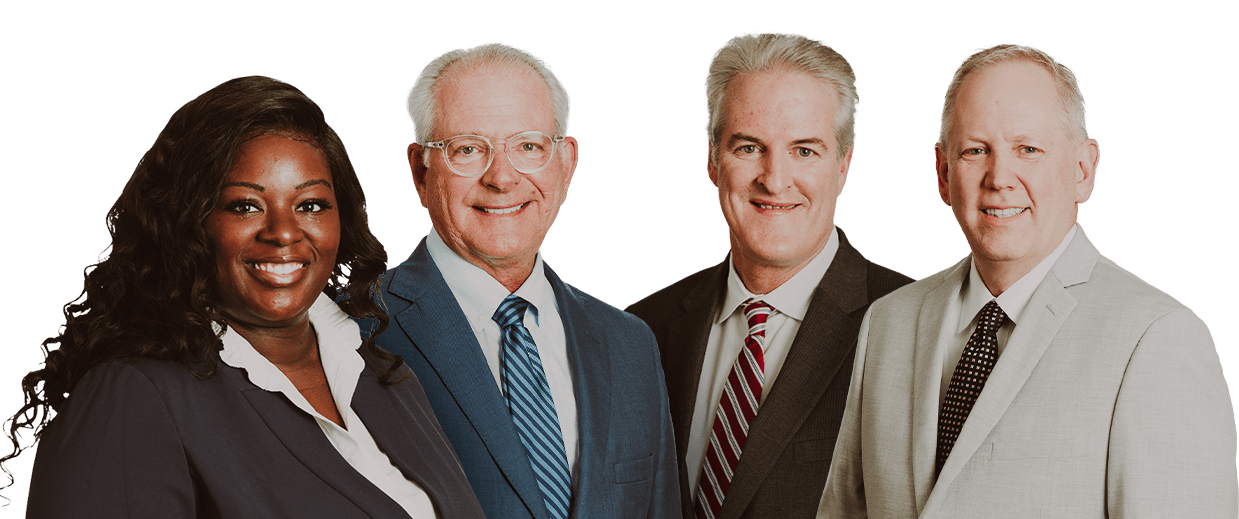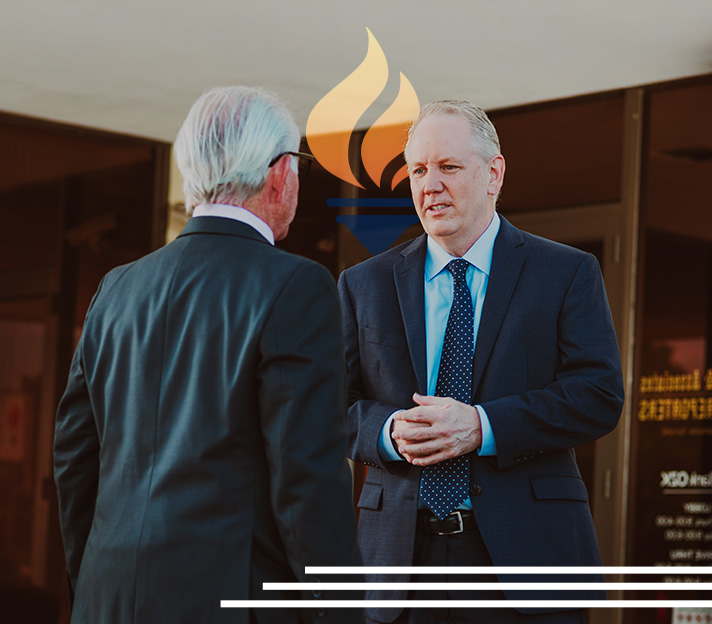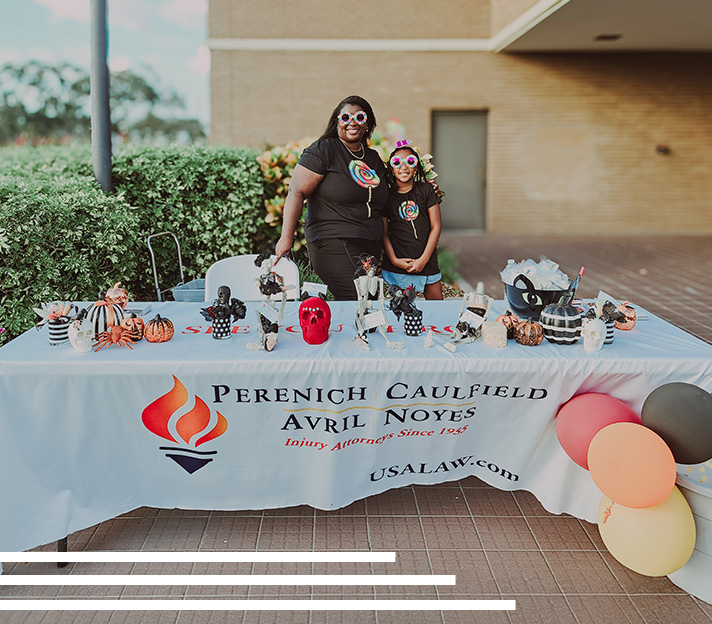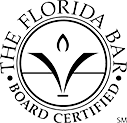What’s the Difference: No-Fault vs. At-Fault Insurance
When it comes to car insurance, some states are referred to as “no-fault” states, while others are referred to as “at fault.” Although most states fall into one of these two categories, some have rules that reflect a mixture of both.
There are many differences between no-fault and at-fault car insurance states, and these differences can significantly impact your car accident case. The major difference is that no-fault states limit your ability to sue the at-fault party after a car accident. Continue reading to learn more.
No-Fault Insurance Policies and Rules
A limited number of states are considered no-fault states, and Florida is one of them. In these states, regardless of which party is at fault, no-fault insurance policies compensate the policyholder for minor injuries. The effect is that small claims are removed from crowding up the courts, which in turn decreases the cost of auto insurance.
Despite the above, this is merely a limitation and not an all-out ban on the right to sue. Injured parties in Florida, for example, may still sue if the accident meets the state’s “serious injury” threshold. Notably, you cannot receive compensation for non-economic damages such as your pain and suffering with a no-fault insurance policy, but you can if you meet this threshold and are able to sue.
No-fault claims rarely involve litigation. The injured party will receive relief for their medical expenses and lost profits per no-fault state law. There is a catch, however, in that the injured party may have to use their own medical insurance coverage prior to their auto insurance paying the remaining amount.
The primary benefit of no-fault insurance is that it allows you to receive compensation even if you were completely at fault for the accident. While the benefits you may receive are limited, it’s possible they could cover most of your losses. If they don’t, and the accident was severe enough, you might have an opportunity to file a lawsuit and collect additional damages.
At-Fault Insurance Policies and Rules
Simply put, at-fault insurance policies obligate the insurance policyholder who causes an accident that injures another party to pay for those damages caused by the actions taken by the policyholder. At-fault states allow the injured party to file a cause of action against the at-fault party for economic and non-economic damages.
For the most part, insurance companies will try to figure out who is at fault under these circumstances. Insurance companies will review police reports or other factors to determine who the at-fault party is.
Some cases may be simple. For example, if a car runs a red light and collides with a car whose driver has a green light, it will be clear that that driver is the at-fault party. Other cases will take more effort through the insurance companies’ discovery process and the attorneys for the parties involved in litigation.
Insurance companies determine fault depending on where you reside. Insurance companies will use three primary systems, and each system will affect payout for injuries and property damage differently. The below list encompasses those systems:
- Pure contributory: If the claimant is 1% at fault for the accident, the claimant cannot seek damages from the at-fault party.
- Pure comparative: The claimant can seek damages equal to the percentage of fault. For example, if the claimant is 60% at fault, the claimant can claim 40% of his or her expenses from the other party.
- Modified comparative: The claimant can make a claim for damages if he or she is less than 50 % or 51% responsible for the accident (this is dependent on the state you reside in).
Florida, for example, is a modified comparative negligence state with a 51% bar.
Some states will allow their insured to buy additional insurance. This additional insurance provides personal injury protection (PIP) that is available in no-fault states. These states include Arkansas, Delaware, and Maryland. These benefits are assured to the insured without the need for determining if the insured is or is not at fault.
Know Your State’s Fault Law
Before filing any claim, you should know whether the state you reside in follows at-fault or no-fault insurance (Florida is a no-fault state) under its laws. For more information on a potential car accident claim you may have, contact an experienced attorney to see what claims, if any, you will be able to bring against the other party involved in the accident. Call Clearwater personal injury attorney to schedule a free consultation to answer all of your questions at (727) 591-3354 with one of our experience attorneys.

We treat you like family.
If you can’t come to us, we’ll come to you.
Representing Accident Victims in Tampa Bay since 1955



-
“Friendly knowledgeable and kept me informed about my case. Any offer, bill or question was readily answered. Would definitely recommend and refer people to Bryan Caulfield and his team!!”- Betty B.
-
“Mrs Bryant works her butt off to make sure you get what is do to you in medical and beyond! They won’t take your case if they don’t feel you haven’t been wronged.”- Christine R.
-
“Working with Mark Perenich on my auto injury case was an absolute game-changer. From the very beginning, he brought a level of professionalism, expertise, and care that immediately put us at ease.”- Kerry B.
-
“Lorrie and Allyson are phenomenal. I highly recommend them to anyone. It seemed like a never ending journey but I can’t thank them enough for diligently fighting my case with the greatest integrity, support and prayers.”- Former Client
-
“Allyson has been so helpful with navigating the disability process for my husband!”- Kaitlyn S.
-
“It honestly couldn’t have gone better. Pretty much perfect.”- Andreas B.
-
“From the first day we met this law group I felt very comfortable and knew we would be well taken care of. This was our first experience filing for SSD, and was not disappointed. The lawyers are awesome and very professional.”- Shari J.
-
“Very nice they worked with you. Never ignored me with my case. Always on top to work with you. Thank you so much for all that you have done to help me! Very highly recommend.”- Margarita O.
-
“My appointed attorney was Jacqueline, Bryant. She is very compassionate about her client and work. When it comes to negotiation, she's a Beast and she gets the job done.”- Alaina J.


We’ve been proudly serving Clearwater, St. Petersburg, and the Tampa Bay area for generations. As the first personal injury law firm in Clearwater, our dedicated legal team brings over 300 years of combined experience to each and every case. If you’ve been injured and need support, please reach outtoday for a free consultation, we are here to help you.



















